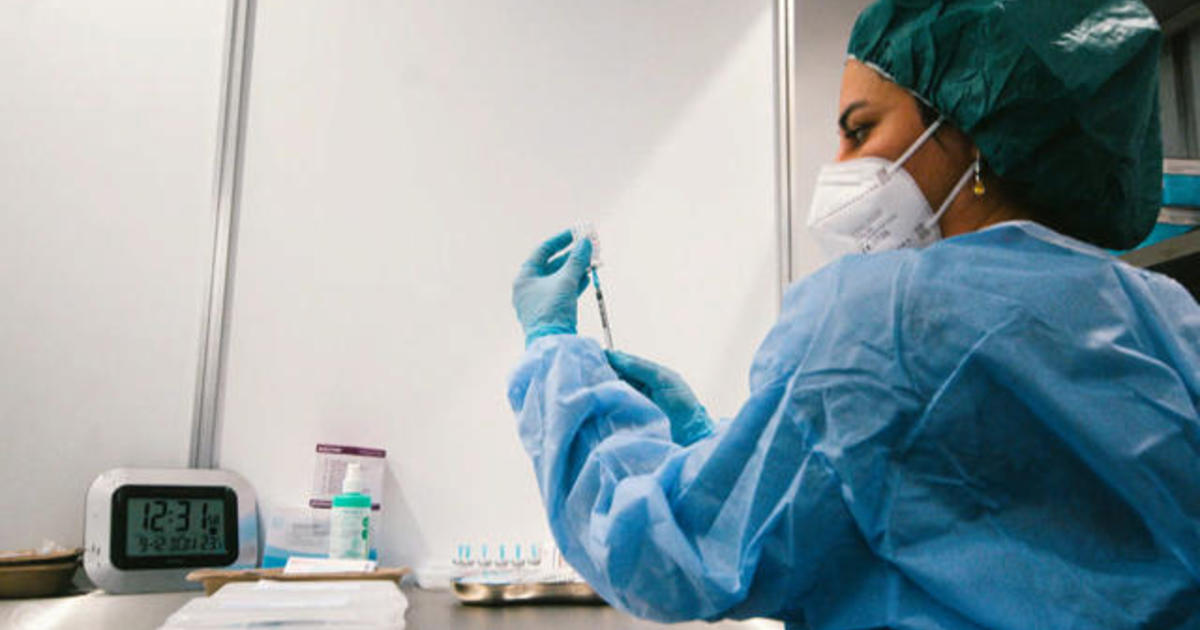mRNA's Cancer Promise Faces Uncertainty: Will RFK Jr.'s Policies Halt Breakthrough Research?

The revolutionary mRNA technology, which gained global recognition during the COVID-19 pandemic, holds immense promise beyond vaccines. Scientists are increasingly exploring its potential in treating a wide range of diseases, including cancer, rare genetic disorders, and autoimmune conditions. However, this burgeoning field faces a significant threat: potential cuts to federal funding under the proposed policies of Robert F. Kennedy Jr., a presidential candidate.
Beyond COVID: mRNA's Expanding Potential
While mRNA vaccines were the initial showcase of this technology's capabilities, researchers have been diligently working to adapt it for therapeutic applications. Unlike traditional vaccines that introduce a weakened or inactive pathogen to trigger an immune response, mRNA vaccines deliver genetic instructions that tell our cells to produce a specific protein, prompting an immune response against that protein. This same principle can be applied to cancer treatment. For instance, mRNA can be designed to instruct the body to produce proteins that target and destroy cancer cells, or to stimulate the immune system to recognize and attack tumors.
The potential extends far beyond cancer. Researchers are investigating mRNA therapies for rare diseases caused by genetic mutations, offering the possibility of correcting faulty genes or producing missing proteins. Autoimmune diseases, where the immune system mistakenly attacks the body's own tissues, are also being targeted with mRNA therapies designed to modulate the immune response and prevent harmful attacks.
The Threat of Funding Cuts
The rapid advancements in mRNA technology are largely due to decades of research, much of which has been supported by federal funding from agencies like the National Institutes of Health (NIH) and the Food and Drug Administration (FDA). Robert F. Kennedy Jr. has publicly expressed concerns about the safety of mRNA technology and has suggested potential cuts to funding for its research. This has sparked alarm within the scientific community.
Experts warn that reduced funding could significantly slow down progress in mRNA therapeutics, potentially delaying the development of life-saving treatments for millions of people. The impact wouldn't be limited to COVID-19 vaccines; it would have a ripple effect across numerous disease areas.
“Cutting funding to mRNA research isn’t just about vaccines,” explains Dr. Emily Carter, a leading immunologist at the University of California, San Francisco. “It’s about stifling innovation that could lead to breakthroughs in treating some of the most devastating diseases we face. We’re at a critical juncture, and short-sighted decisions could set us back years.”
The Importance of Continued Investment
While concerns about safety are valid and deserve careful consideration, experts emphasize that rigorous scientific evaluation and ongoing monitoring are essential, not outright funding cuts. Investing in research is crucial to fully understanding the potential risks and benefits of mRNA technology and ensuring its safe and effective application.
The future of mRNA technology, and the potential it holds for transforming healthcare, hangs in the balance. The decisions made in the coming months and years regarding federal funding will have a profound impact on the progress of this groundbreaking field and the lives of countless individuals affected by cancer, rare diseases, and other debilitating conditions. It's a complex issue requiring informed discussion and a commitment to scientific advancement, not political expediency.






